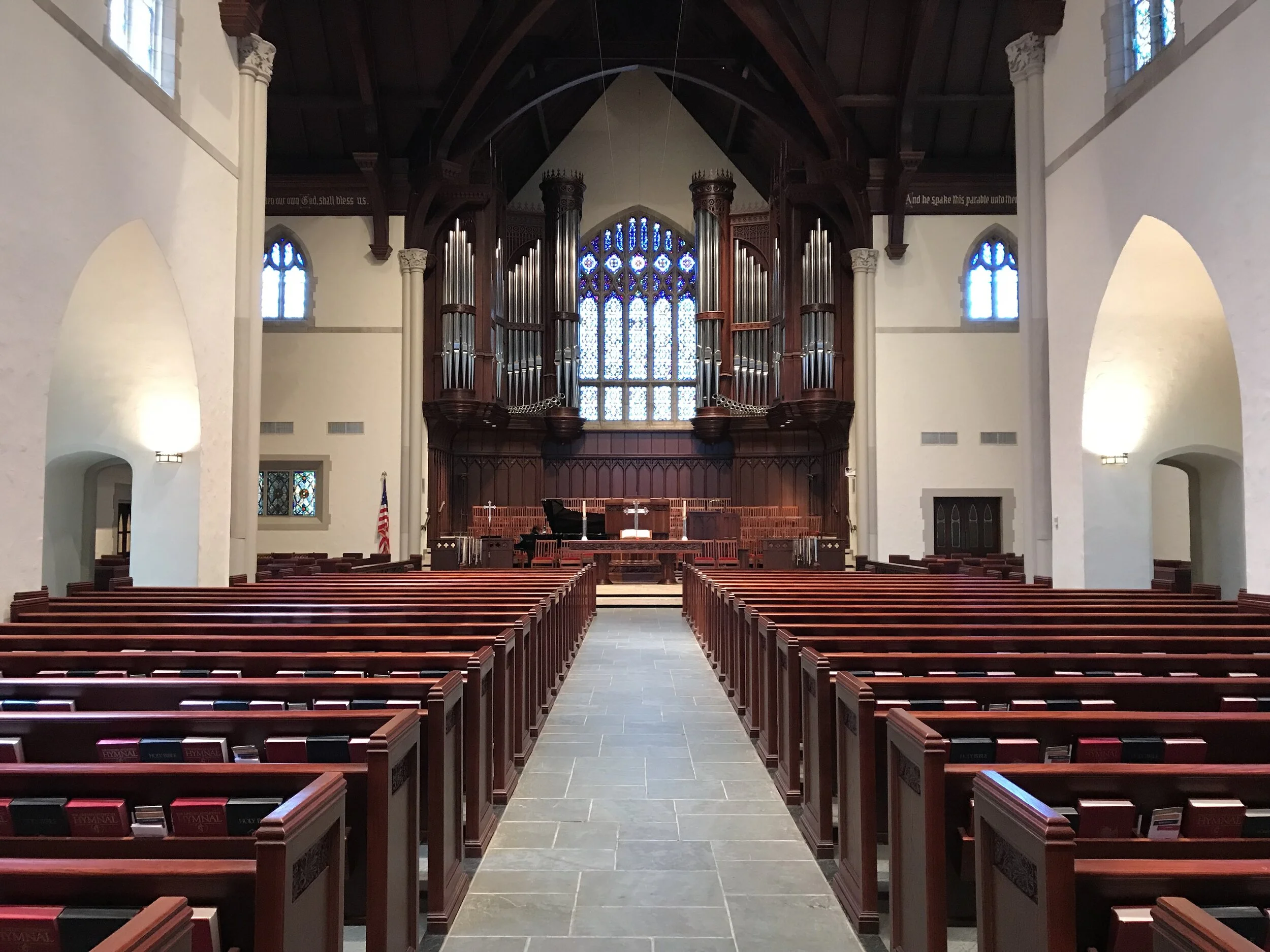Religion data scientist Ryan Burge answers why unfortunately, there’s just not a single answer to a question like: how many nones are there? Or how many Christians?
Read More(ANALYSIS) While many state legislatures and the U.S. Supreme Court seem to be ready to reverse Roe v. Wade and ban or severely limit abortion, the majority of Americans want abortion to be available as a choice, and the share who would support a total ban on the practice is incredibly small.
Read More(ANALYSIS) The data is in: Christianity is aging, younger generations are having fewer children, and without a great influx of new members, thousands of churches will close over the next few decades. But smaller religious groups in the U.S. — like Hindus and Muslims — have younger members who are having more kids.
Read More(ANALYSIS) According to surveys by Data for Progress, more young Americans with no religious affiliation (called “nones”) resisted vaccines this summer than evangelicals, but the media has focused on vaccine hesitancy within evangelicals. Here’s what the data shows.
Read More(ANALYSIS) Recent data released by the Public Religion Research Institute (PRRI) showed that US mainline Protestants outnumber evangelicals for the first time. But that conclusion was immediately met with skepticism online. Here’s why.
Read More(ANALYSIS) The Southern Baptist Convention will convene its annual meeting on June 15, 2021 amid hemorrhaging membership. Southern Baptists have lost over 2 million members since 2006, with over 400,000 defections in the last year alone. A data-oriented analysis of the SBC’s past resolutions gives insight into the group’s history and trajectory.
Read More(ANALYSIS) Recent polls comparing the news habits of Americans with their faith revealed interesting results, including that White evangelicals regularly watch Fox News, and Muslims and Hindus prefer CNN.
Read More(ANALYSIS) White Christians were significantly more likely to get the vaccine than the general public between January and April. In the latest survey results, nearly 60% of White Catholics had been vaccinated and just about half of White evangelicals said the same. It was the religious “nones” that were lagging far behind, with only 31% indicating that they had received one dose.
Read MoreANALYSIS — For all the predictions and talk of a slump in support among evangelicals, it appears Donald Trump’s election loss was not at the hands of religious voters. There was very little notable change in the vote choice of religious groups between 2016 and 2020 – in fact, for most faiths, support for Trump ticked up slightly. Instead, it was among those who do not identify with any religion that Trump saw a noticeable drop.
Read MoreThe term “evangelical” has broken away from its roots as a sub-genre of Protestant theology and has now morphed into a social, cultural and political term that stretches far beyond the boundaries of Christianity. In fact, the term “evangelical” is now being embraced by religious groups that do not believe in any of the tenets of an orthodox evangelicalism.
Read More(ANALYSIS) Surveys taken before the 2020 election show that women are more likely to identify as religious than their male counterparts.
Read More(ANALYSIS) A 2020 survey helps us understand just what matters most to Americans’ identities: politics or religion. The results are not exactly what this data journalist anticipated.
Read More(ANALYSIS) The share of Americans who self-identify as evangelicals has not changed in any meaningful way over the past decade. In fact, larger shares of Americans have said that they have had a born-again experience in 2018 than at any point since 1972, according to the General Social Survey. Moreover, their link with politics may in fact be a central reason evangelicals are not declining significantly as a share of the U.S. population.
Read More(ANALYSIS) President Joe Biden, Vice President Kamala Harris and Sen. Rev. Raphael Warnock among other victories for the Democrats were won in part by voter mobilization in the Black community. Despite the fact that a lot of the chatter about the Black vote has centered on people of faith, the Black community is not a religious monolith. Here’s what the data says: Black religious “nones” are the least likely to identify as Democrats.
Read More(ANALYSIS) As thousands of Trump’s most ardent supporters stormed the Capitol building Jan. 6, one must wonder how he managed to generate so much devotion from his followers. The answer can be found in the data.
Read MoreNew survey data shows white evangelicals hold very different political views (like believing Donald Trump won the 2020 election) than the so-called evangelical elite that includes evangelical leaders like best-selling Bible study author Beth Moore. The result is the loudest evangelical voices are like generals without an army.
Read More(ANALYSIS) White evangelicals think that Democrats are incredibly liberal, but atheists see them as just slightly left of center. Comparing how religious groups perceive the political parties shows us how politicians are able to exploit the partisan divide to paint the other side as radical or extreme.
Read MoreIs religion a force in American life that pushes people to be more politically conservative or liberal? Do certain types of political partisans place a great emphasis on their spiritual life? Or do other competing identities seem to shape people more? The Democracy Fund made public a huge dataset of over 300,000 respondents and they asked them how important a number of identities were to them. When those are broken down by party affiliation, the results are fascinating.
Read More(ANALYSIS) The belief, held by many, that college education drives people away from religion is not actually supported by data. Instead, a more depressing picture emerges of a generation of young people who are disconnected, unmoored and left behind.
Read MoreThe data reveals a surprisingly complex picture of a religious group that can feel pulled in opposite directions on issues of policy and partisanship, still seeking to find an identity in American politics. While American Muslims support the Democrats by a landslide, they don’t agree on many progressive policy priorities.
Read More

















